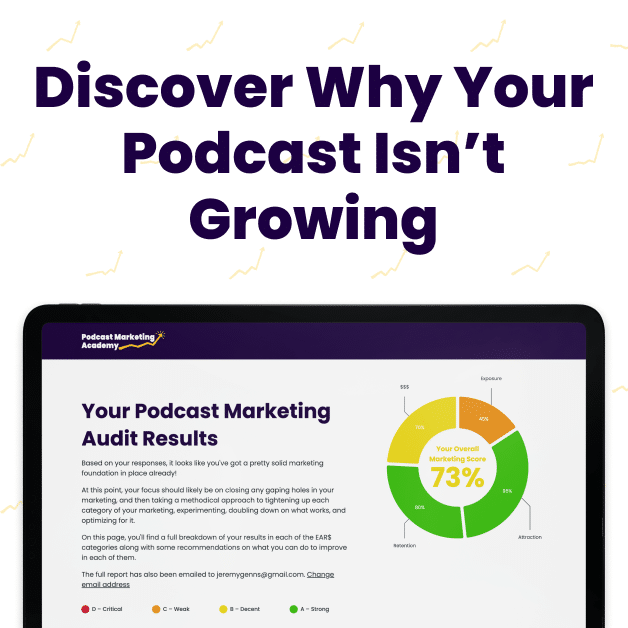If I asked you to describe the website of a typical SEO agency, what words would come to mind?
Clean.
Vaguely tech-y.
Maybe a little boring.
Something like one of the following, perhaps.
Bingo.
These websites are (mostly) clean, (mostly) professional, and (entirely) generic.
In short, they’re exactly what you’d expect from an SEO agency site aiming to appeal to as many people as possible.
The safe bet.
The approach that’s unlikely to ruffle feathers, draw unwanted attention, or get people talking.
Except…
If you’re running a business, drawing attention, getting people talking, and perhaps even ruffling feathers is exactly what you want.
In fact, it’s what you need in order to escape the long slow slide into death by mediocrity and obscurity.
So what’s the alternative?
Observe, Exhibit B:
(H/T to Louis Grenier from Everyone Hates Marketers for turning me onto these guys)
Dark Horse is a Manchester-based SEO and PPC marketing agency that decided to take a distinctly different approach.
Rather than hustling themselves to death by joining the SEO agency rat race, Dark Horse chose to run their own.
Their branding and positioning are each masterclasses in and of themselves.
But there’s one aspect that is worth paying special attention to, which is this:
Not only does Dark Horse have a distinctive central concept… but they’ve taken it to its logical conclusion and used it to guide and inform every aspect of their brand.
This includes their brand name, website copy, product & service names, their visual design, and more.
The result is a tight, cohesive brand that both stands out and sticks in your mind.
It also gets people like me and Louis (and likely many others) talking about them, spreading their reach for free every day.
This is an important lesson as a podcaster.
Many shows are loosely structured around a central concept, theme, or controlling idea.
Few, however, take that idea and extend it throughout the entire show and brand experience.
The result is promising (but ultimately, ungrowable) shows that feel watered down and vaguely disappointing to listeners.
So how do you avoid this fate?
The first step is to define your show’s controlling idea.
This is the idea at the core of your positioning, the distinct point of view that differentiates you from other shows and brands in your space and instantly attracts your people.
This is the first place we start with every client and PMA member, well before looking at any aspect of the show or marketing strategy.
Because without an incisive point of view, you’re dead in the water and no amount of “marketing” can save you.
Once you’ve boiled your POV down to a sharp, punchy, and attractive statement, the next step is to infuse it into every aspect of your show’s mechanics, including your:
- Show concept
- Show name
- Cover art design
- Music selection
- Episode structure
- Episode topic selection & scoping
- Line of questioning (interview shows)
- Episode titling
- Show tone
- Copywriting
- Brand languaging
- Etc
Like Dark Horse, each of these aspects of your show should be a reflection and embodiment of your concept and positioning.
In the world of podcasting, 3 Books by Neil Pasricha is a fantastic example of this concept in action.
For context, 3 Books is a podcast about books where, in every episode, Neil uncovers the 3 most formative books of one of the world’s most inspiring people.
The controlling idea behind the show is that books—and the words that make them—are magical and worth cherishing.
That reverence of books is reflected throughout the show in myriad ways, including:
- Every official episode is called a “Chapter”
- Each mini-episode is called a “Page”
- The heavy use of alliteration in each “Chapter” title
- The Cover to Cover Club for listeners who have listened to every episode of the show
- The secret analog-only listener club that is only accessible by picking up on clues buried in the episodes
- The Word of The Chapter segment at the end of every episode
- The decision not to have ads in the show (despite having a large audience) because “books don’t have ads”
- The listener call in line number: 1-833-READ-A-LOT
- And dozens of other allusions—big and small—to books, words, writing, and reading that litter the show
On their own, any one of these elements might come across as cheesy and ham-fisted.
But in aggregate, they form a compelling, cohesive, consistent brand that stands apart from the dozens (in not hundreds) of other book podcasts.
3 Books is a fantastic show.
But it’s not the result of a huge budget, team, or celebrity name recognition.
Instead, it’s the result of a simple, resonant controlling idea, taken to its logical extreme and infused into every touchpoint of the show.
Which is an encouraging thought.
Because every show has a controlling idea bubbling beneath the surface.
Your job is to identify, crystallize, and then weave it into every aspect of your show.
This is how you build rich, distinctive shows that stick out—and stick with your listeners and keep them coming back.





